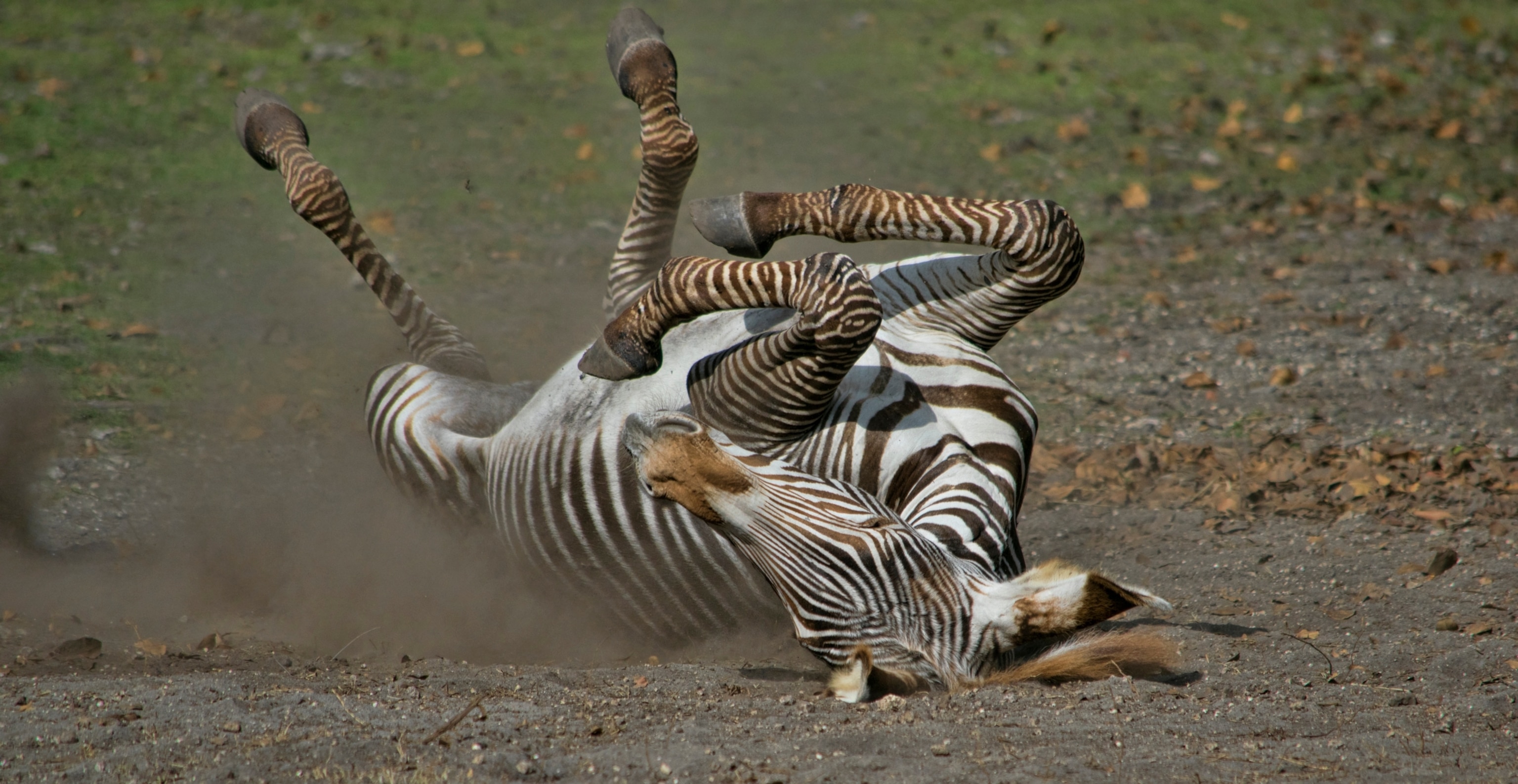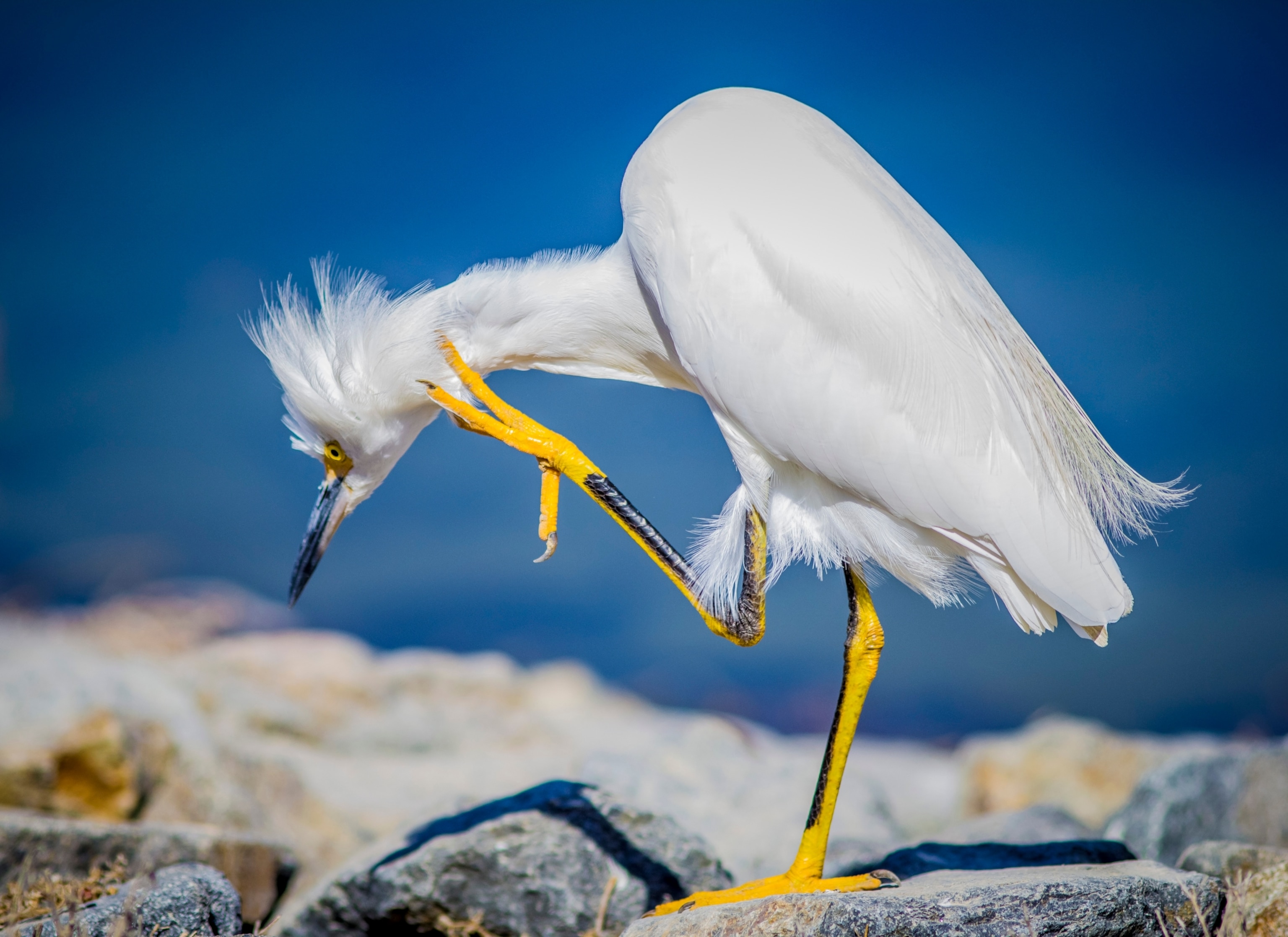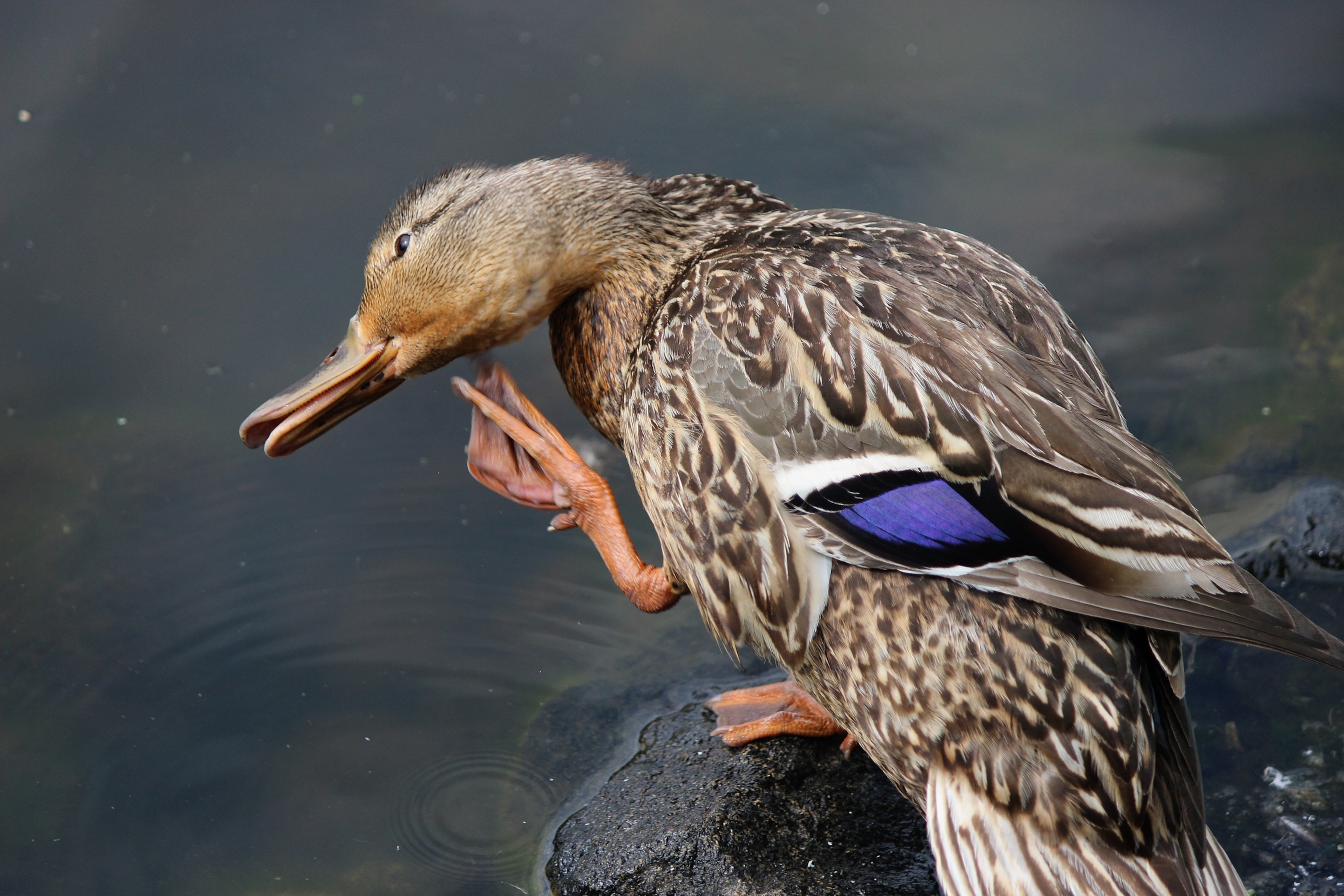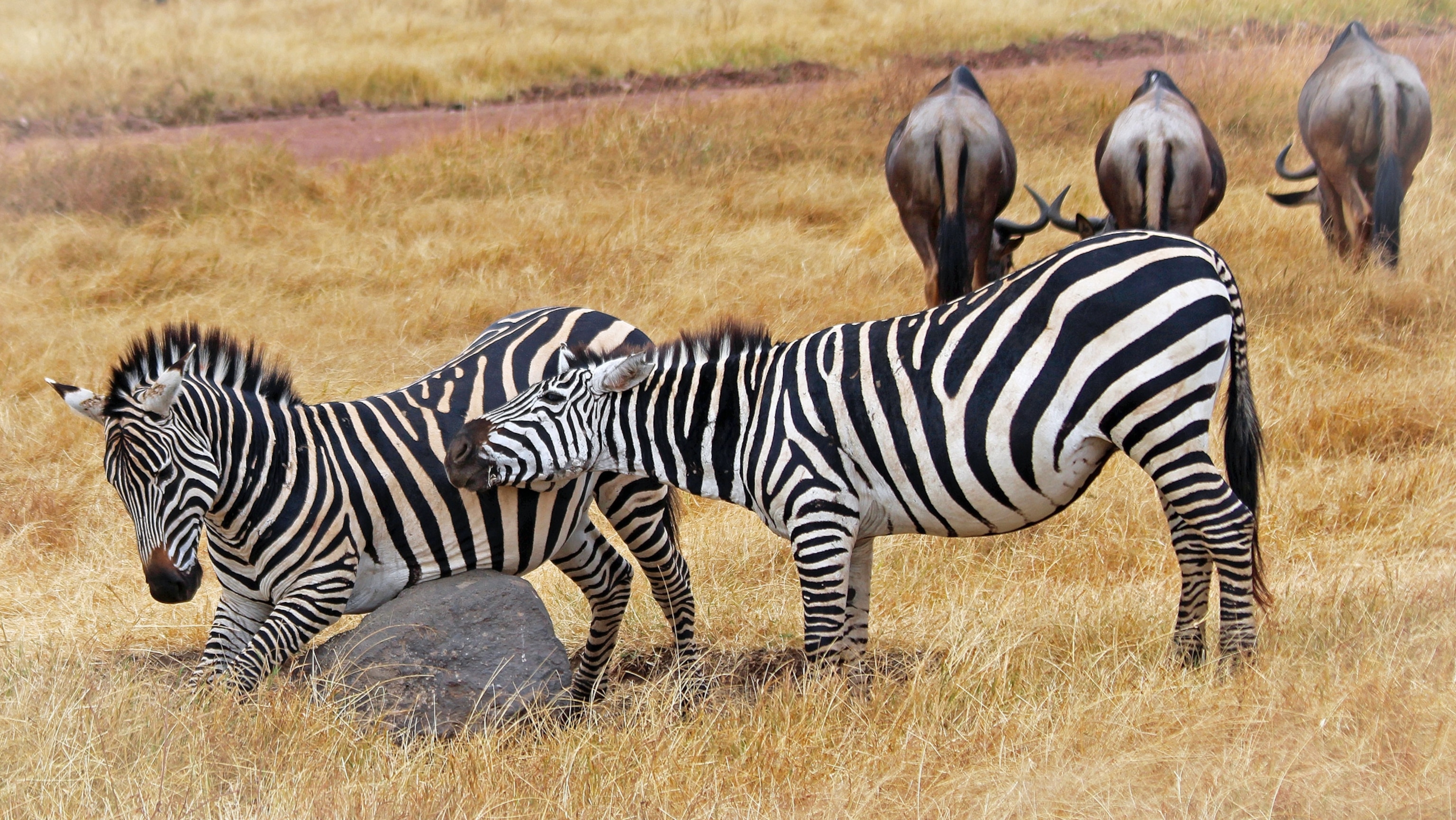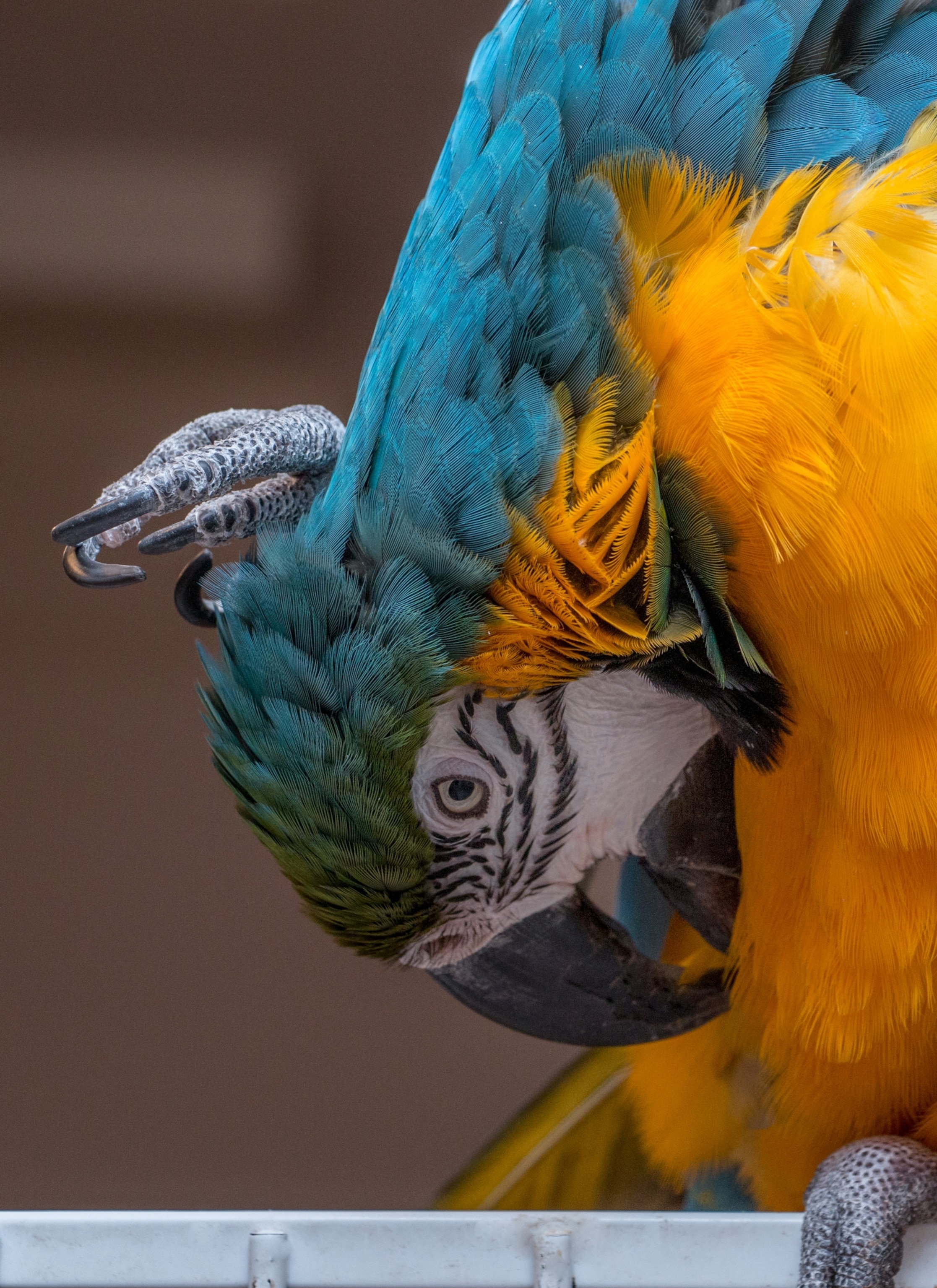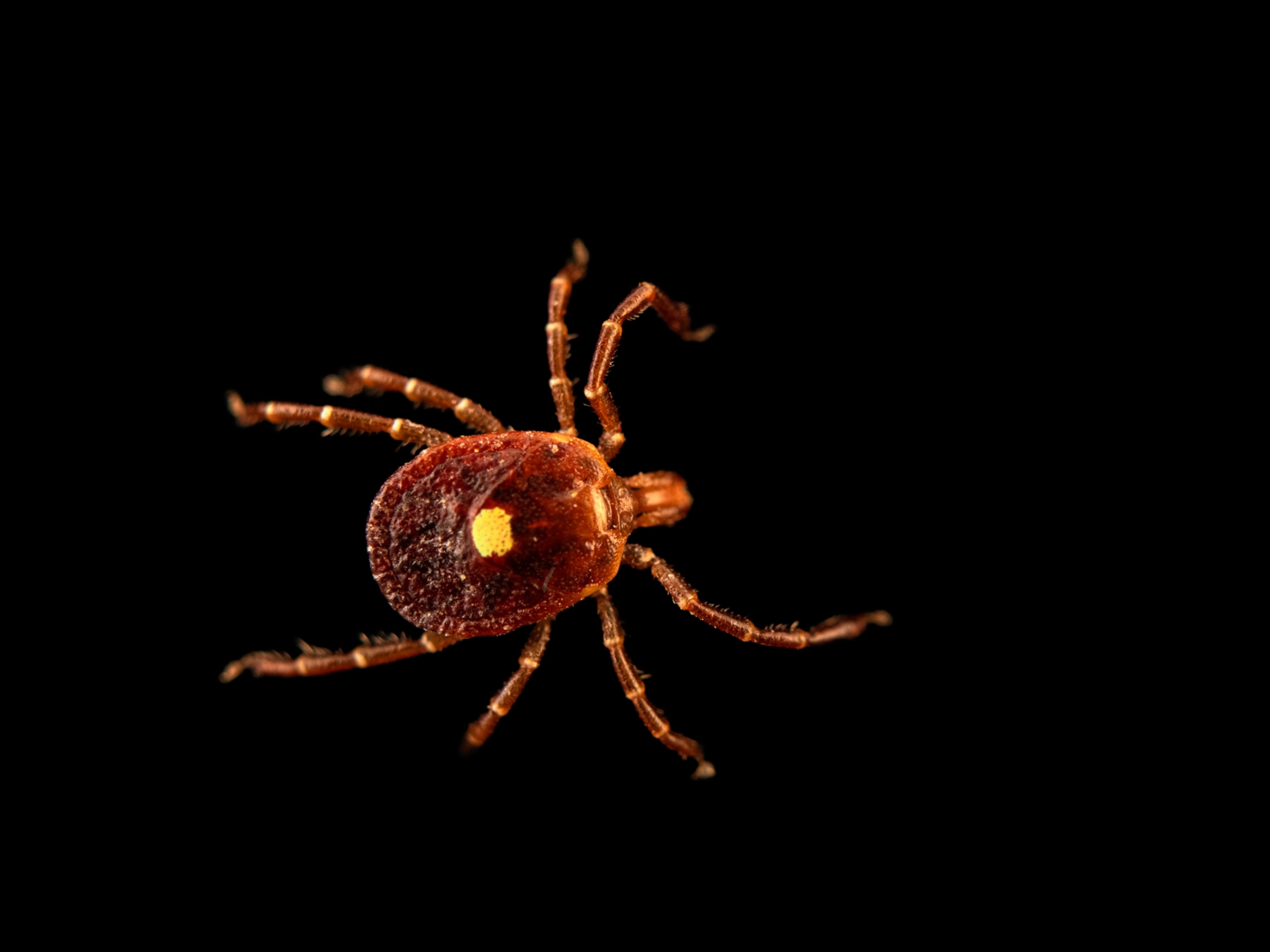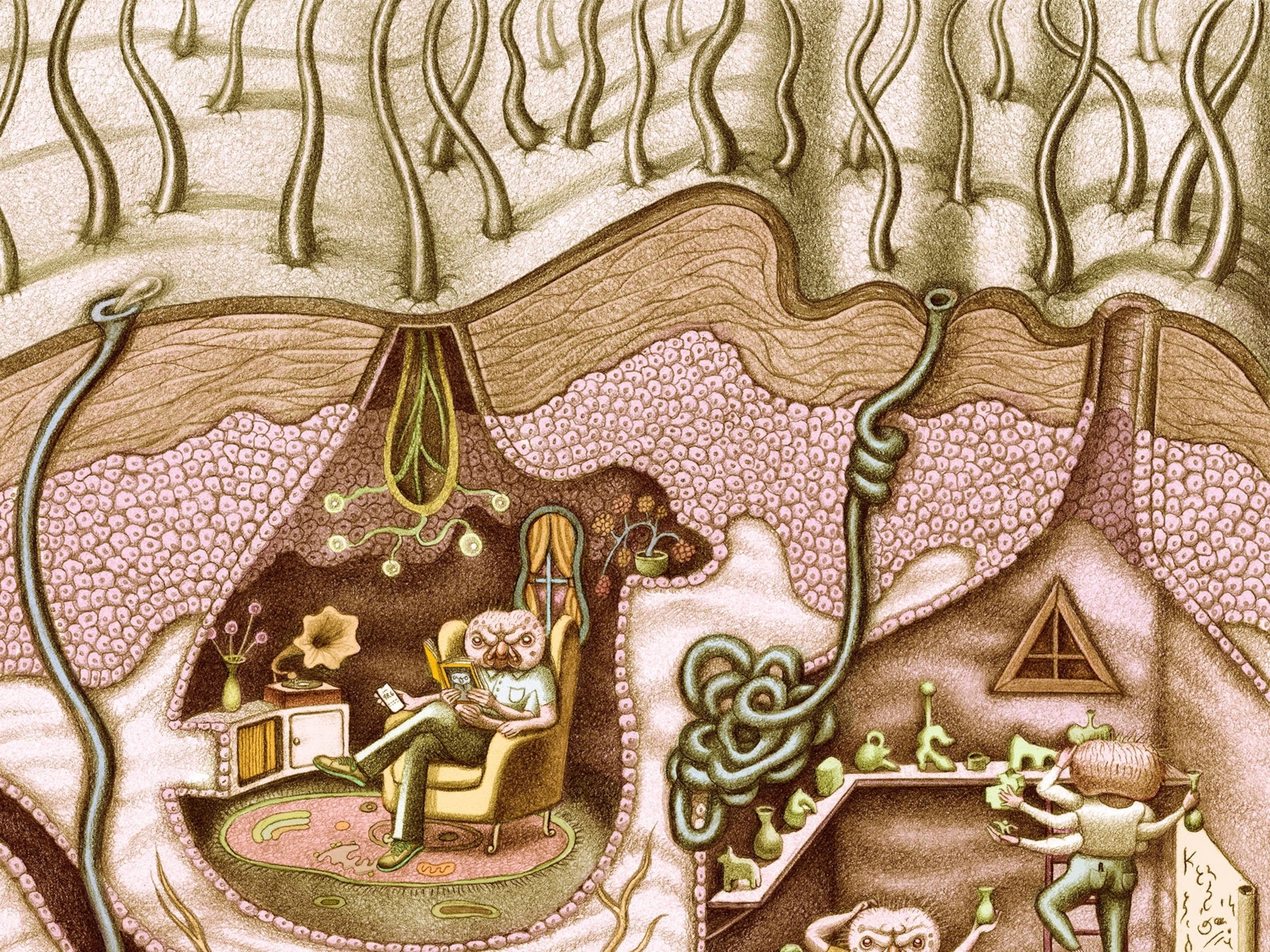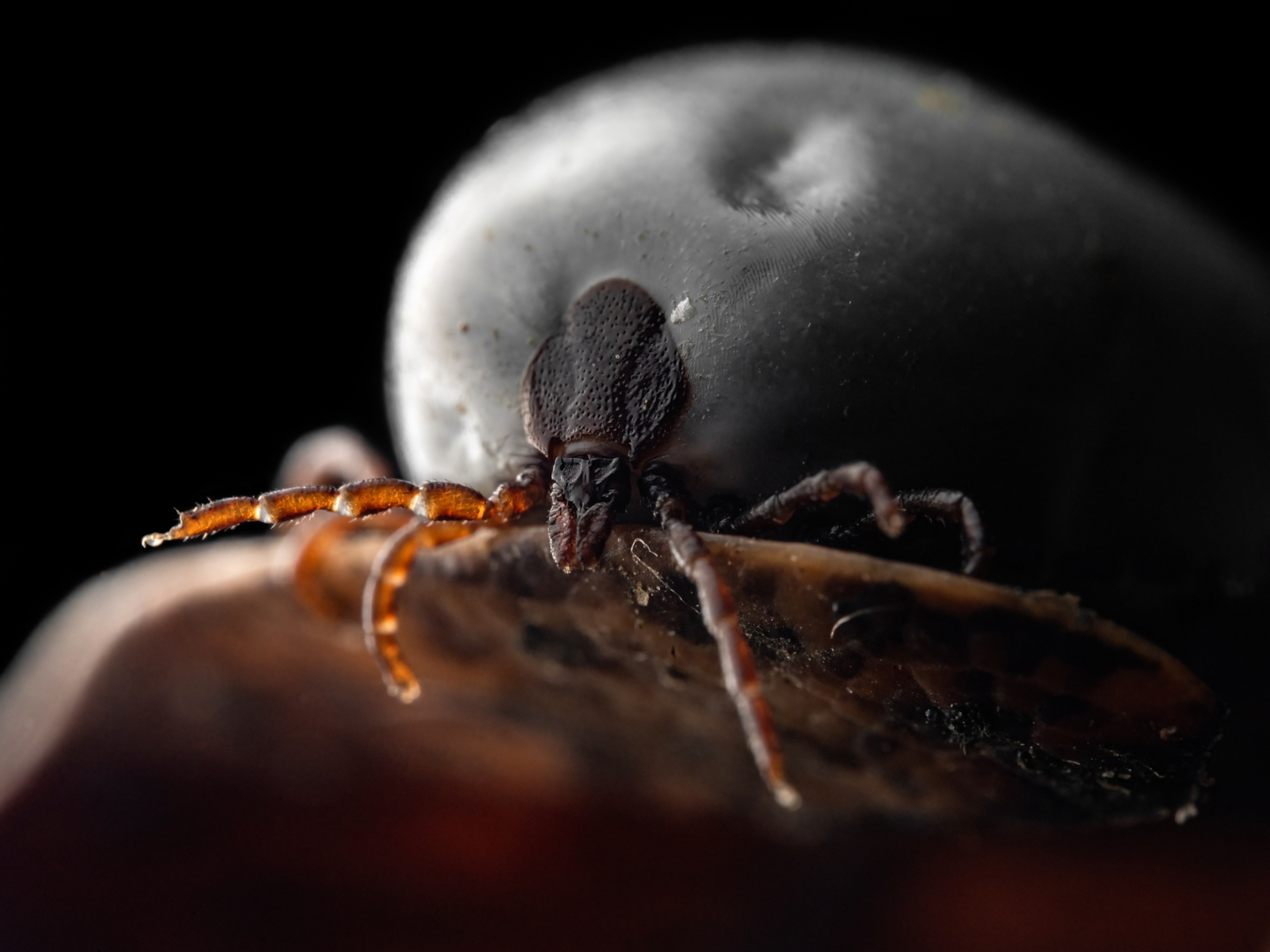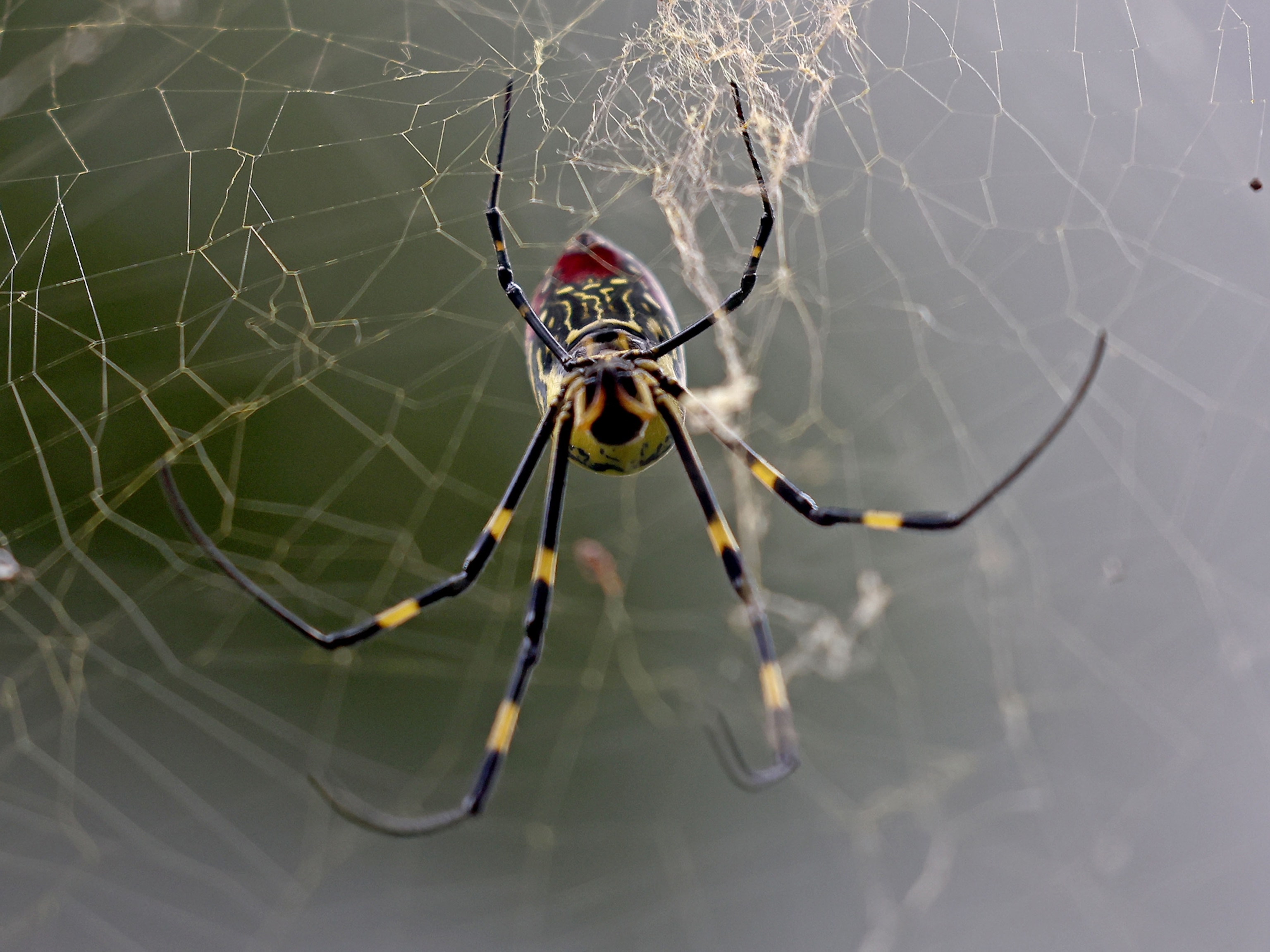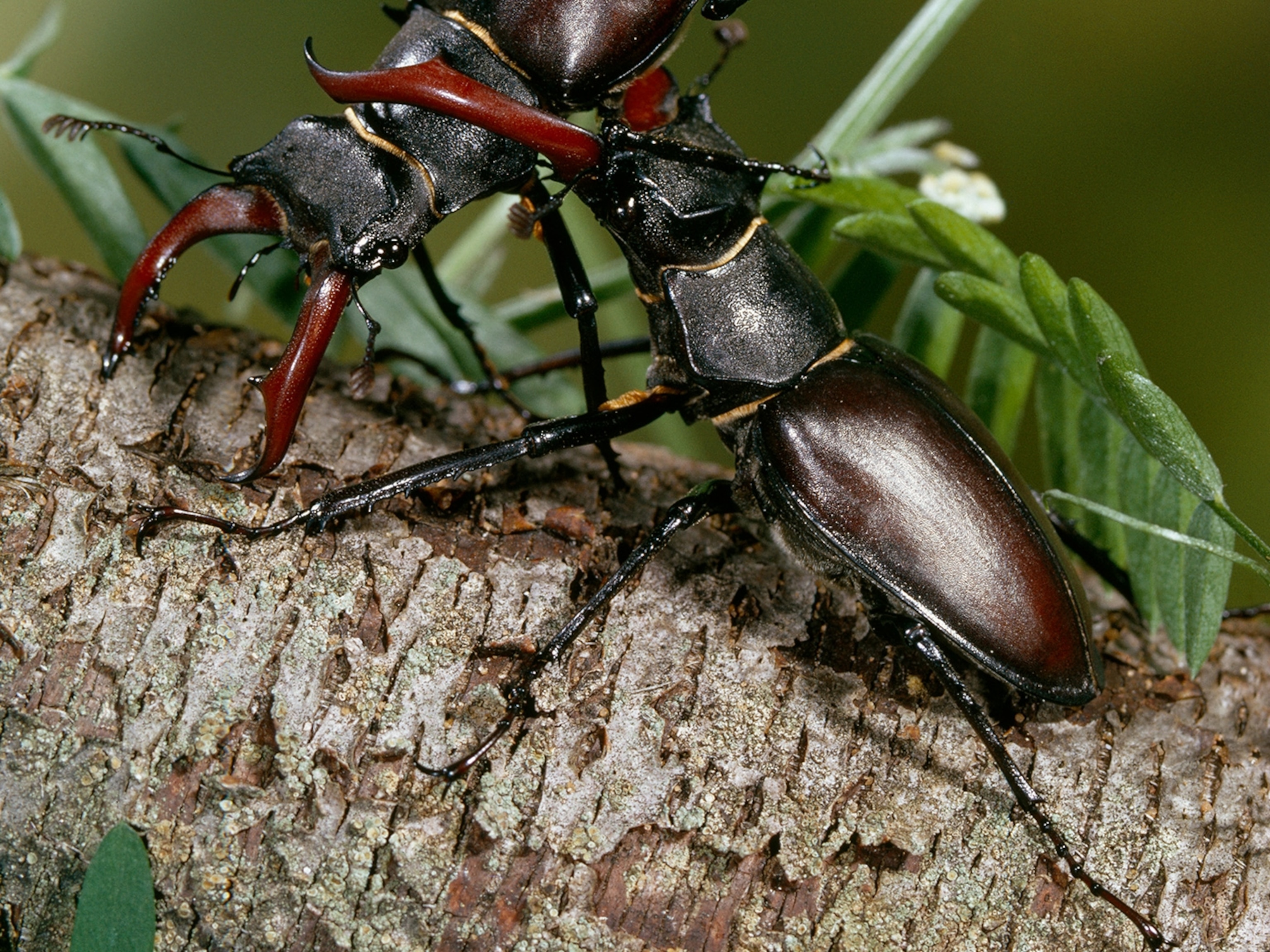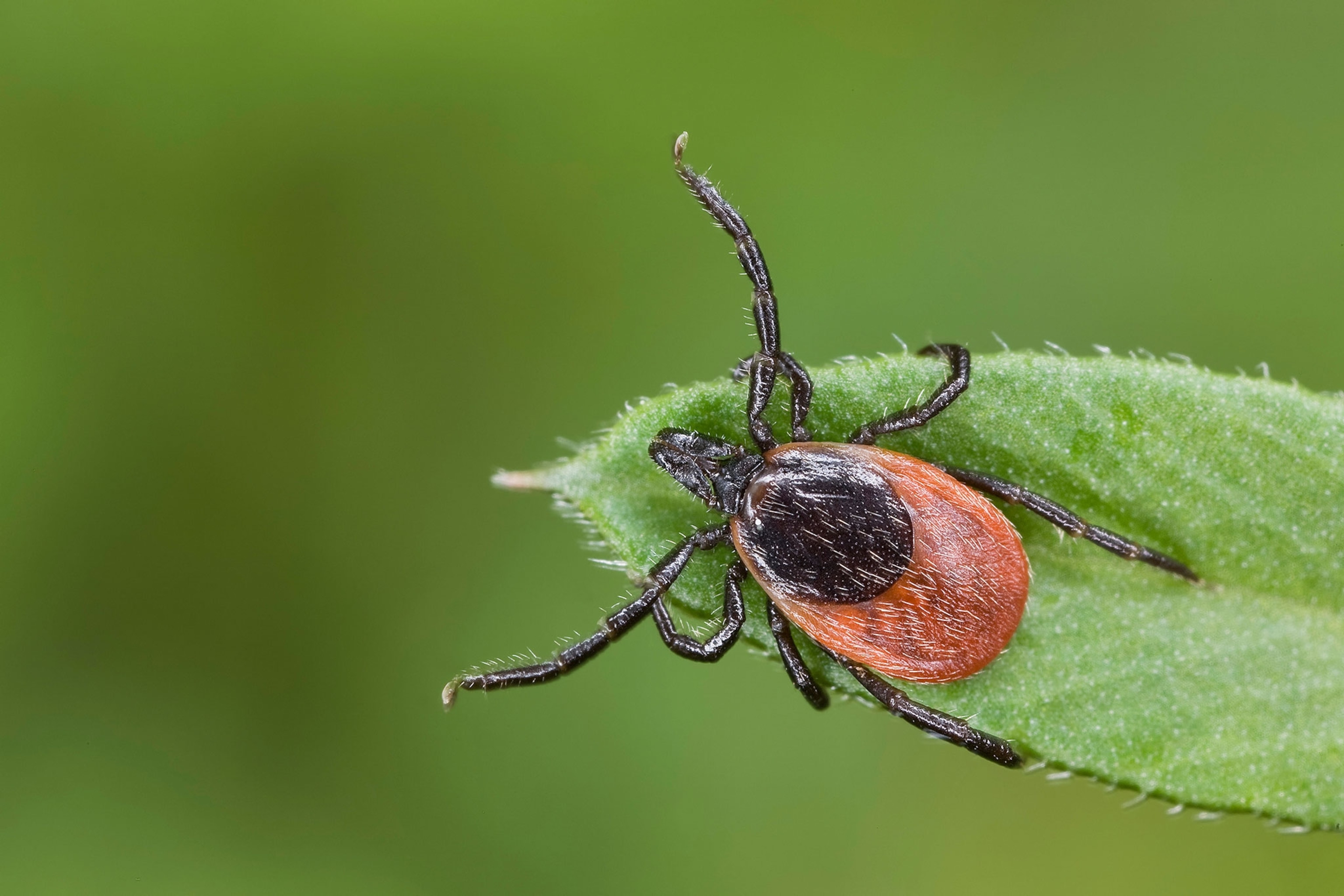
Bloodsucking Ticks Make Cement to Attach to Your Skin
The disease-carrying parasites' natural glue could also hold a key to healing us.
Bloodsucking parasites that can carry deadly diseases create their own cement to glue themselves to our bodies, a new study says.
Hard ticks—a family of 700 species that includes the Lyme-spreading deer tick—use pincer-like appendages and mouths to attach to a host's skin. But sometimes this grip isn't strong enough for the arachnid to hold on and feed while the host moves.
Sylvia Nürnberger and colleagues discovered hard ticks have an extra tool to glom onto their hosts' skin—a kind of glue made of proteins in their saliva. (See a map that shows Americans' risk of catching Lyme.)
"Not all species have it and not all species have it in the same amount," says Nürnberger, a researcher at the Department of Orthopaedics and Trauma Surgery at the Medical University of Vienna.
The cement discovery could actually benefit humans, she adds, as its properties could be repurposed into a medical adhesive.
Nothing to Spit At
For the study, the scientists reviewed all existing scientific research on tick saliva, which gave them an expansive view of this previously underreported cement substance.
Tick saliva is complex, containing properties that suppress the immune system of the tick's host to keep them unaware of the intrusion by also suppressing pain and itchiness, according to the study, published in November 2017 in Biological Reviews. (Read how a tick bite could make you allergic to meat.)
"In a way, they play with the immune systems of the host," Nürnberger says.
See 30 Pictures of Itchy Animals
The new study is "a remarkably detailed review of quite an obscure thing," notes Tony Goldberg, a professor of epidemiology at the University of Wisconsin-Madison's School of Veterinary Medicine.
All blood-sucking organisms, not only ticks but leeches and mosquitoes, must "run a gauntlet of defenses by the animal it's feeding on," he notes.
He should know: Goldberg once discovered a new species of tick stuck in his nose after visiting Uganda several years ago.
"I can tell you that thing had some powerful glue," he says.
Tick Paradox
Properties in tick spit also lower the host's defenses against pathogens like Lyme disease, he adds.
"It's a paradox. One of the functions of this [cement] is that it's antimicrobial, so the ticks don't [cause] an infection which would keep them from feeding," Goldberg says.
"Yet there are an awful lot of horrible tickborne diseases that have latched onto this system and are transmitted to us in the saliva." (See "What's a Ghost Moose? How Ticks Are Killing an Iconic Animal.")
Ticks' technique for removing themselves from skin is less clear, but Nürnberger says the arachnids may detach themselves by moving their mouthparts around and retracting their pincers. They may also use their saliva to dissolve the cement.
What Hurts Us Could Make Us Stronger
As fascinating as tick spit is, Nürnberger and colleagues weren't just studying it for fun.
They are conducting ongoing studies on how to recreate properties from the cement that could be made into medical adhesives or sealants. These substances could help heal human injuries and broken bones, as well as glue implants to the body.
Scientists have already developed biological adhesives inspired by barnacles, mussels, and sea urchins, but she says tick cement may be more promising. (Read how geckos' grip could lead to stickier tape.)
"The animal already uses this substance to glue to human tissue," she says. "So we think it could be very compatible and very good in terms of bonding strength."

